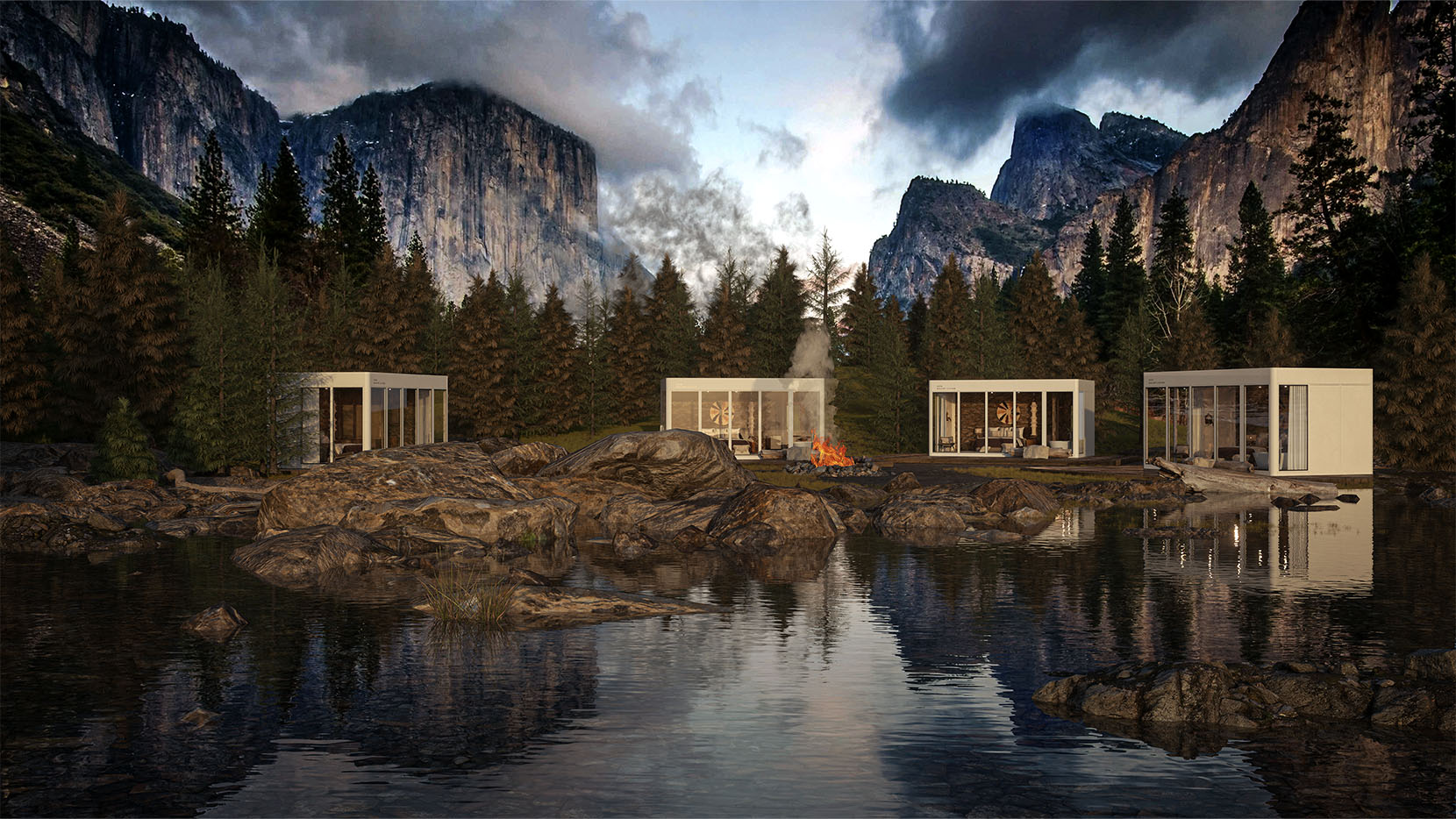Buying a tiny house is an exciting venture, but the regulatory landscape around tiny home living can be complicated. Securing the right permits is a crucial step in purchasing or building your tiny house process, and consulting with the right experts can make all the difference. Here's a guide on who to consult when considering permits for your tiny house:
Local Building Department: Uncover Building Codes
The local building department should be your first stop. They hold the key to understanding building codes and zoning regulations specific to your area. Inquire about size limitations, foundation types, and setback regulations for tiny houses.
Zoning Officials: Know Your Zone
Zoning regulations play a pivotal role in where and how you can place your tiny house. Consult with zoning officials to learn about permitted zones and any specific conditions or restrictions that may apply to your tiny house project.
Planning Department: Get a Big-Picture Perspective
The planning department can provide insights into comprehensive land-use plans. Check with them for information on any upcoming changes or developments that might impact your tiny house project.
Health Department: Ensure Safety and Sanitation
Contact the health department to understand any regulations related to sanitation and water systems. Ensure that your tiny house complies with health and safety standards to avoid potential issues down the line.
Structural Engineer: Build with Confidence
If you're looking to build your own tiny house, it'll be important to engage a structural engineer, especially if your tiny house design includes unique or unconventional structural elements. Their expertise ensures that your design meets safety standards and can withstand local weather conditions. Looking to avoid needing to consult a structural engineer? Consider prefab homes as they often consult with structural engineers prior to manufacturing.
Surveyor: Identify Property Boundaries
If you're planning on placing your tiny house on your own land, you'll want to consult a land surveyor to help identify property boundaries and topographical features, ensuring your tiny house is located within the designated building envelope and complies with setback requirements.
Legal Advisor: Navigate Local Laws
Consult with a legal advisor who specializes in local laws and regulations. They can provide guidance on navigating complex zoning or land-use regulations, helping you understand your rights and responsibilities.
Insurance Agent: Protect Your Investment
Due to the newness of tiny homes, you'll want to consult with an insurance agent specializing in tiny house insurance. They can guide you on coverage options, including liability and property coverage, to protect your tiny house investment.
Utility Providers: Connect with Essential Services
If you plan on connecting your tiny house to the grid, you’ll want to contact local utility providers to understand the requirements for connecting your tiny house to essential services such as water, electricity, and sewage. The great thing about Neo homes? Our units come ready to be connected to most local grids.
Neighborhood or Homeowner's Association: Community Guidelines
If applicable, check with any neighborhood or homeowner's association regarding their rules and regulations. Some areas may have specific community guidelines that impact the construction and placement of tiny houses.
Navigating the permitting process for your tiny house requires careful consideration and collaboration with various experts and local authorities. By consulting with the right professionals, you can build your tiny house with confidence, knowing that it complies with all relevant regulations and requirements. For a slightly easier process, consider purchasing a prefab tiny house instead.
Ready to get started with your own tiny house? Book a tour or speak with our experts today.
